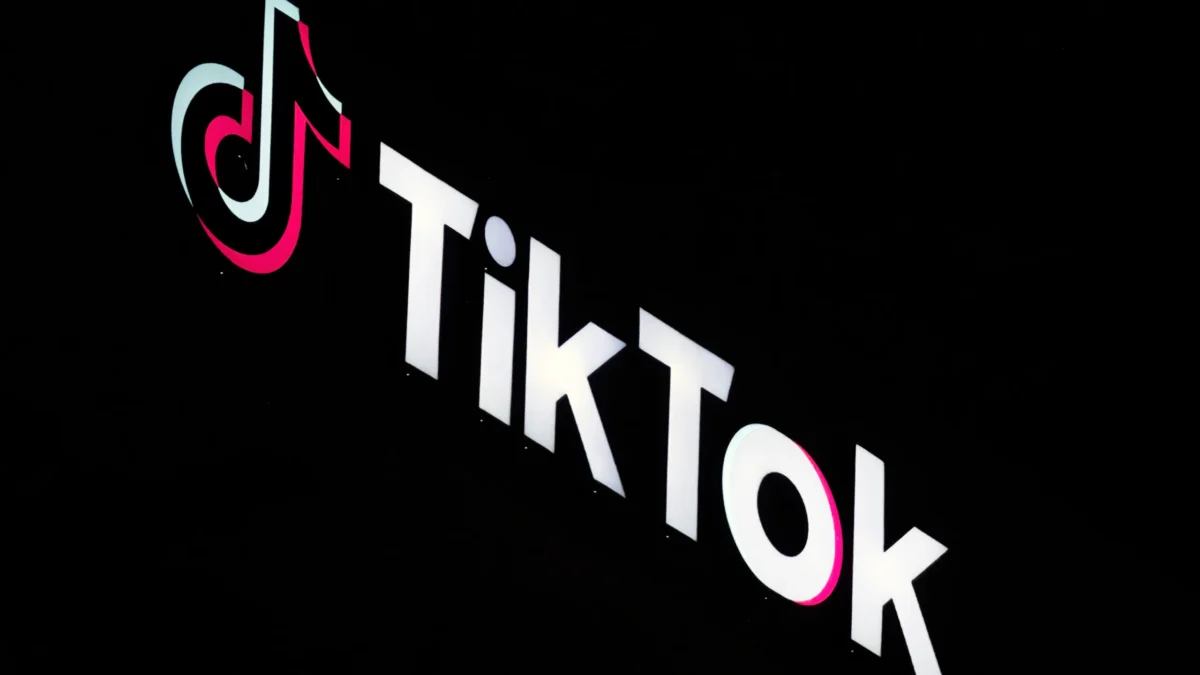A federal appeals court panel on Friday upheld a law that could lead to a ban on TikTok in a few short months, handing a resounding defeat to the popular social media platform as it fights for its survival in the U.S.
The U.S. Court of Appeals for the District of Columbia Circuit denied TikTok’s petition to overturn the law — which requires TikTok to break ties with its China-based parent company ByteDance or be banned by mid-January — and rebuffed the company’s challenge of the statute, which it argued had ran afoul of the First Amendment.
“The First Amendment exists to protect free speech in the United States,” said the court’s opinion, which was written by Judge Douglas Ginsburg. “Here the Government acted solely to protect that freedom from a foreign adversary nation and to limit that adversary’s ability to gather data on people in the United States.”

TikTok and ByteDance — another plaintiff in the lawsuit — are expected to appeal to the Supreme Court. Meanwhile, President-elect Donald Trump, who tried to ban TikTok during his first term and whose Justice Department would have to enforce the law, said during the presidential campaign that he is now against a TikTok ban and would work to “save” the social media platform.
Friday’s ruling came after the appeals court panel, composed of two Republican and one Democrat appointed judges, heard oral arguments in September. The three judges all denied TikTok’s petition. Judge Sri Srinivasan, the chief judge on the court who was appointed by former President Barack Obama, issued a concurring opinion.
The law, signed by President Joe Biden in April, was the culmination of a years-long saga in Washington over the short-form video-sharing app, which the government sees as a national security threat due to its connections to China.
The U.S. has said it’s concerned about TikTok collecting vast swaths of user data, including sensitive information on viewing habits, that could fall into the hands of the Chinese government through coercion. Officials have also warned the proprietary algorithm that fuels what users see on the app is vulnerable to manipulation by Chinese authorities, who can use it to shape content on the platform in a way that’s difficult to detect — a concern mirrored by the European Union on Friday as it scrutinizes the video-sharing app’s role in the Romanian elections.













